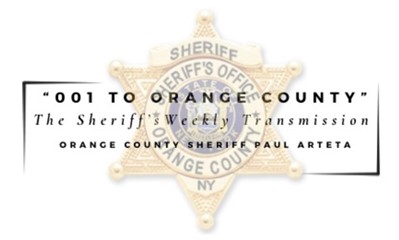 Drug use among teens has become a growing concern today. The use of drugs among adolescents poses serious risks and consequences that can have a lasting impact on their physical, psychological, and social well-being. Research has shown that drug use among teens is associated with a variety of negative outcomes, including academic underachievement, health problems, addiction, criminal behavior, and even death. According to a study by the National Institute on Drug Abuse, a significant percentage of teenagers in the United States have experimented with drugs such as marijuana, alcohol, prescription drugs, and illicit substances.
Drug use among teens has become a growing concern today. The use of drugs among adolescents poses serious risks and consequences that can have a lasting impact on their physical, psychological, and social well-being. Research has shown that drug use among teens is associated with a variety of negative outcomes, including academic underachievement, health problems, addiction, criminal behavior, and even death. According to a study by the National Institute on Drug Abuse, a significant percentage of teenagers in the United States have experimented with drugs such as marijuana, alcohol, prescription drugs, and illicit substances.
The reasons behind drug use among teens are multifaceted and complex. Peer pressure, curiosity, stress, family issues, mental health issues, and the desire to escape reality are some of the common factors that contribute to adolescent drug abuse. Often, teenagers lack the necessary coping mechanisms and skills to deal with the challenges they face, leading them to seek solace in drugs as a temporary escape.
The impact of drug use among teens extends far beyond the individual user. It affects families, schools, communities, and society as a whole. The social and economic costs associated with teen drug abuse are significant, including healthcare expenses, criminal justice costs, and decreased productivity. Moreover, drug use among teens can lead to long-term health consequences, such as addiction, mental health disorders, impaired cognitive function, and increased risk of accidents and injuries.
Preventing and addressing drug use among teens requires a multifaceted approach that involves parents, schools, healthcare providers, policymakers, and the community. Education and awareness campaigns about the risks and consequences of drug use should be implemented in schools and communities. Parents play a crucial role in educating their children about the dangers of drugs and monitoring their behavior. Healthcare providers should be trained to recognize the signs of substance abuse in teens and provide appropriate interventions.
As we approach these summer months it is imperative that parents, guardians and other family members make sure they are aware of their teens’ daily habits and routines. In essence, making sure they are not leading into a path of substance abuse. Changes in behavior, withdrawal from family, changes in friends, impaired speech and neglect of hygiene are just a few of the signs there may be a substance use problem and it is time to talk to your teen or seek other help. To seek assistance please reference any of these services offered by Orange County.
Referral Services
- The Alcoholism and Drug Abuse Council of Orange County (ADAC)
845-673-5903 - Teen Intervene (PDF) – a brief intervention used with youth abusing substances
- Mental Health Association of Orange County
(845) 342-2400 - 1-877-8- HOPENY
Office of Addiction Services and Supports - Hope Not Handcuffs
(833) 428-HOPE (4673)





